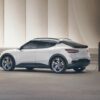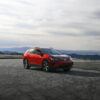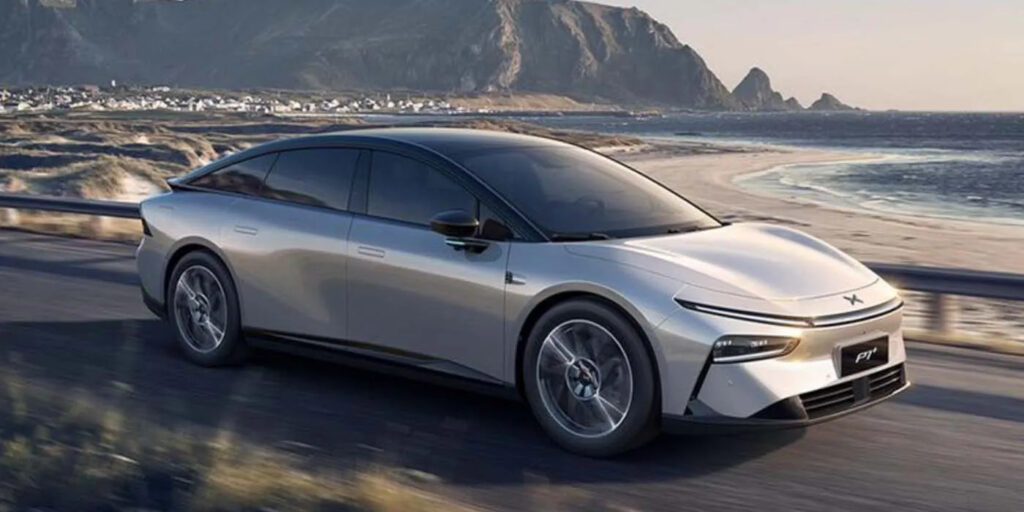
Xpeng Motors (XPEV) is back in the spotlight with its newest electric sedan, the P7+, which is set to debut on October 10. But this isn’t just any EV—it’s being hailed as the world’s first “AI car,” ushering in a new era of intelligent vehicles that claim to think as much as they drive.
Xpeng is clearly aiming to position the P7+ as something more than just another electric sedan in a crowded market. But can AI alone set this vehicle apart?
A Vision for the Future—Literally
One of the standout features of the P7+ is its vision-only driving system. That’s right—no LiDAR here. Xpeng has decided to take a page from Tesla’s playbook and ditch the LiDAR sensors in favor of a vision-based system, dubbed “Eagle Eye.”
According to the automaker, these cameras can survey an area as large as 1.8 football fields, offering high precision in all sorts of driving conditions, including night and inclement weather.
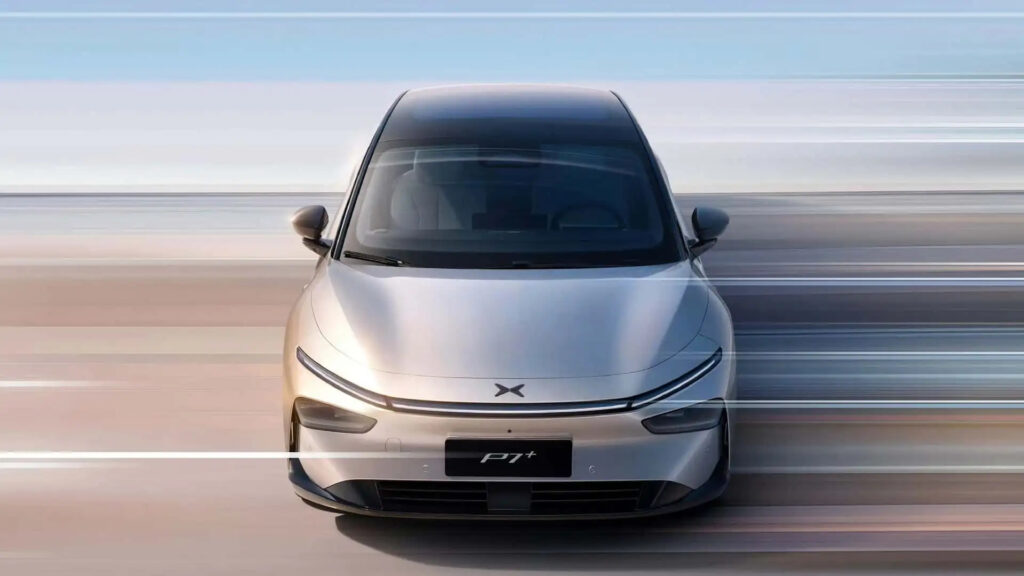
But here’s where it gets interesting. While Tesla (TSLA) has made headlines for its self-driving tech, Xpeng is taking things up a notch by branding the P7+ as an AI-powered machine.
The car’s AI isn’t limited to driving either; it’s woven into energy control, thermal management, and even power usage. So, this isn’t just an EV—it’s practically a rolling supercomputer.
More Than Just Tech
Of course, a car can’t survive on AI alone. The P7+ is also packing some serious hardware, with two battery options that offer ranges of up to 710 km (441 miles) on a single charge. Its aerodynamic design achieves an ultra-low drag coefficient of Cd 0.206, meaning it consumes just 11.6 kWh of power per 100 km—pretty efficient for a car of its size.
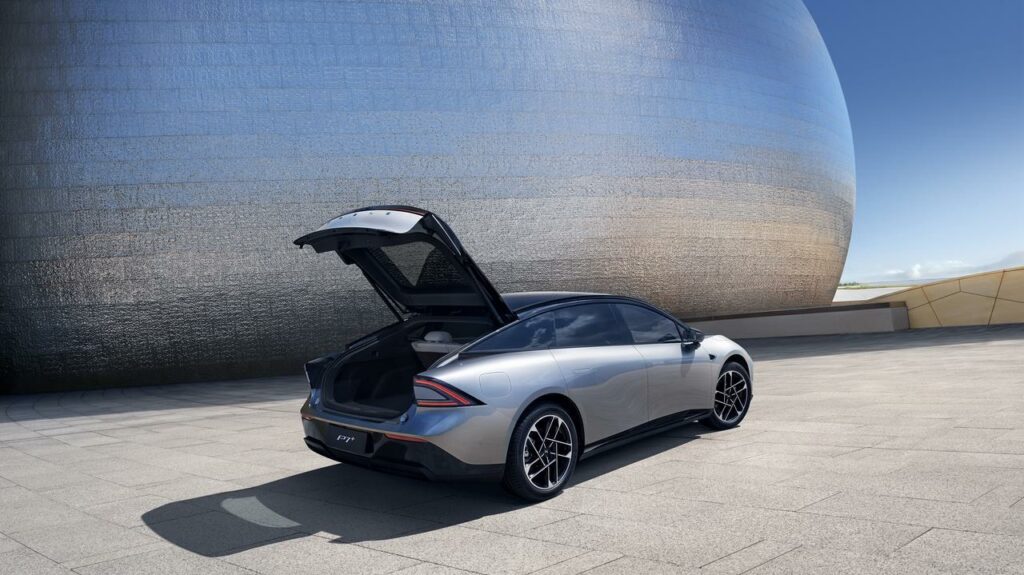
And speaking of size, this thing is bigger than its predecessor, the P7i, giving it more space inside and a 725-liter trunk. According to Xpeng, you can fit 33 suitcases in there. Now, whether anyone will ever need to carry that many suitcases is a different story.
Comfort hasn’t been overlooked, either. The P7+ offers dual ventilation, heated seats, massage modes, and rear-seat electric adjustments. And, if you’re feeling fancy, there’s even a folding table for the rear passenger. Because why wouldn’t you want a folding table in your AI-powered car?
Can Xpeng’s AI Sedans Compete?
Despite all the bells and whistles, Xpeng faces stiff competition. Tesla continues to dominate the EV market, and even other Chinese automakers are racing to develop smarter, more efficient vehicles.
Xpeng is banking on AI to make the P7+ stand out, but it remains to be seen whether consumers are as eager to embrace AI-powered cars as they are to simply have a reliable, affordable electric vehicle.
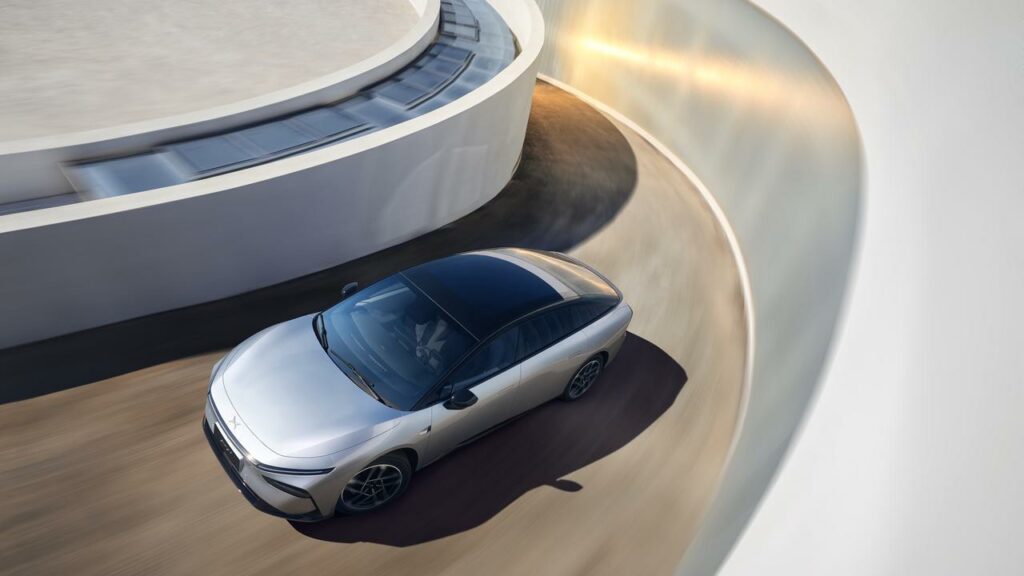
What Xpeng does have going for it is price. While official pricing for the P7+ hasn’t been announced, it’s expected to be priced under RMB 300,000 ($42,370), making it significantly more affordable than some of its competitors.
This positions the P7+ as a luxury vehicle for the masses, at least in terms of tech and features, but without the steep price tag.
The Paris Auto Show Debut
The P7+ will make its international debut at the Paris Auto Show on October 14, giving Xpeng a chance to show the world what it’s been cooking up. Pre-sales will kick off there, and deliveries are set to begin in China by November.
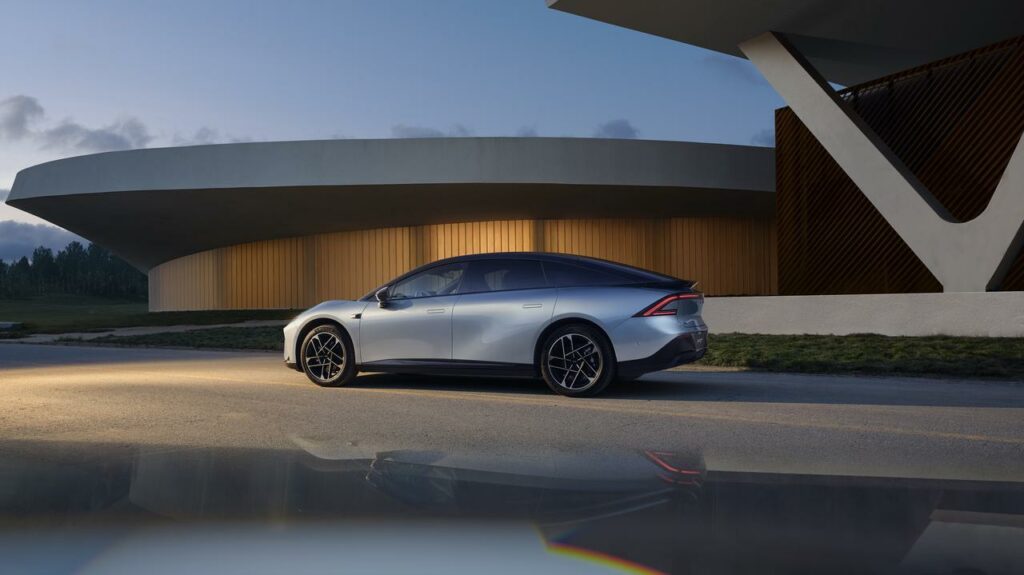
If the P7+ can live up to the hype and deliver on its promise of being a truly AI-driven vehicle, it might just turn heads—and shift the conversation around what defines an electric vehicle in the AI era.
Charge Complete
Xpeng’s P7+ is being touted as the world’s first AI car, but whether it’s more than just another tech-heavy sedan remains to be seen. With a sleek design, impressive range, and a vision-based driving system, the P7+ is certainly setting itself apart in a competitive EV landscape.
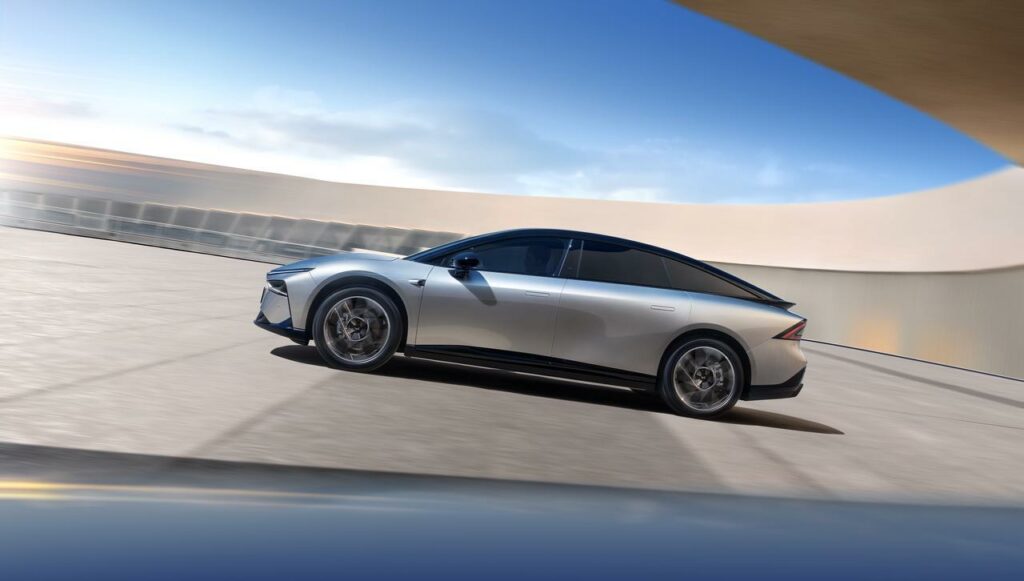
Now, all eyes are on Paris as Xpeng rolls out its latest flagship model, hoping to prove that AI isn’t just the future—it’s the present.

